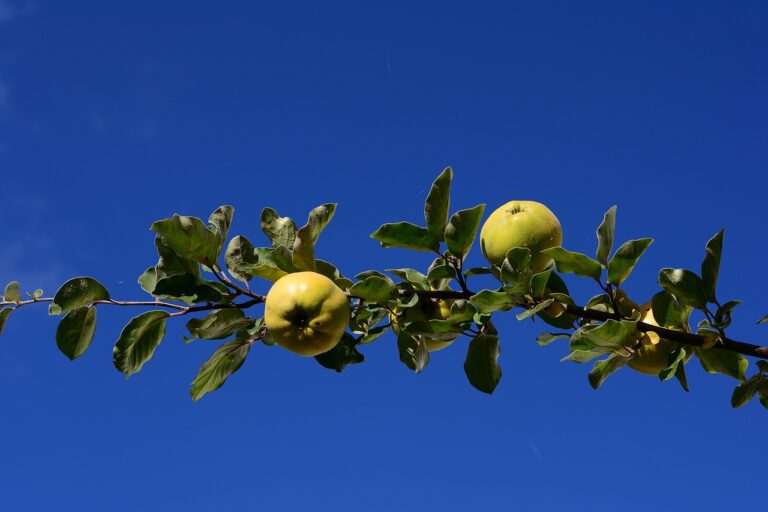The Artisanal Cheese Revolution: From Farmhouse to Table
The resurgence in the popularity of artisanal cheese can be attributed to a growing appreciation for traditional, handcrafted food products. Consumers are increasingly seeking out unique flavors and textures that can only be found in small-batch cheeses made by skilled artisans. This shift towards supporting local producers and preserving heritage methods has sparked a renewed interest in artisanal cheese, as people look for ways to connect with the origins of their food.
Furthermore, the rise of the farm-to-table movement has played a significant role in the increasing demand for artisanal cheese. As more people become conscious of where their food comes from and the impact of mass production on the environment, they are turning to small-scale farmers and cheesemakers who prioritize sustainable practices. This emphasis on quality, sustainability, and ethically-produced foods has led to a resurgence of interest in artisanal cheese, as consumers seek out products that align with their values.
The History of Farmhouse Cheesemaking
Farmhouse cheesemaking has a long and rich history that dates back centuries. In the past, most cheese was made on small farms by families for their personal consumption. Through the years, these rustic methods of cheesemaking evolved, leading to the creation of diverse varieties of farmhouse cheeses that reflected the unique practices and traditions of different regions.
As communities began to expand and trade routes opened up, farmhouse cheesemaking gained recognition beyond local borders. The reputation of certain farmhouse cheeses grew, leading to an increase in demand and the establishment of specialized dairy farms dedicated to producing these sought-after cheeses. The history of farmhouse cheesemaking is not just about the evolution of techniques, but also about the preservation of cultural identities and the celebration of regional flavors.
The Role of Small-Scale Farmers in the Cheese Revolution
Small-scale farmers play a crucial role in the cheese revolution by crafting high-quality cheeses using traditional methods that prioritize taste and authenticity. These farmers often have a deep connection to the land and their animals, resulting in cheeses that are rich in flavor and complexity. Their dedication to sustainable practices also ensures that the cheese they produce is not only delicious but also ethically produced.
By supporting small-scale farmers, consumers are not only enjoying superior cheeses but also contributing to the preservation of traditional cheesemaking practices. These farmers often use raw milk from pasture-raised animals, resulting in cheeses that reflect the terroir of the land. As the demand for artisanal cheeses continues to grow, these small-scale farmers are at the forefront of the movement, inspiring a new generation of cheesemakers to continue the tradition of crafting unique and flavorful cheeses.
• Small-scale farmers prioritize taste and authenticity in crafting high-quality cheeses
• Their deep connection to the land and animals results in rich flavor and complexity
• Sustainable practices ensure ethically produced cheeses
• Supporting small-scale farmers preserves traditional cheesemaking practices
• Raw milk from pasture-raised animals reflects the terroir of the land
• Small-scale farmers inspire a new generation of cheesemakers to craft unique and flavorful cheeses
Why is artisanal cheese gaining popularity?
Artisanal cheese is gaining popularity due to a growing interest in locally produced, high-quality foods, as well as a desire for unique and flavorful cheese varieties.
What is the history of farmhouse cheesemaking?
Farmhouse cheesemaking has been a tradition for centuries, with small-scale farmers using traditional methods to produce cheese on their farms. These cheeses are often made with raw milk and aged in cellars to develop complex flavors.
What role do small-scale farmers play in the cheese revolution?
Small-scale farmers are at the forefront of the cheese revolution, producing artisanal cheeses that showcase the unique flavors of their milk and the terroir of their land. They play a crucial role in preserving traditional cheesemaking methods and promoting sustainable agriculture.







